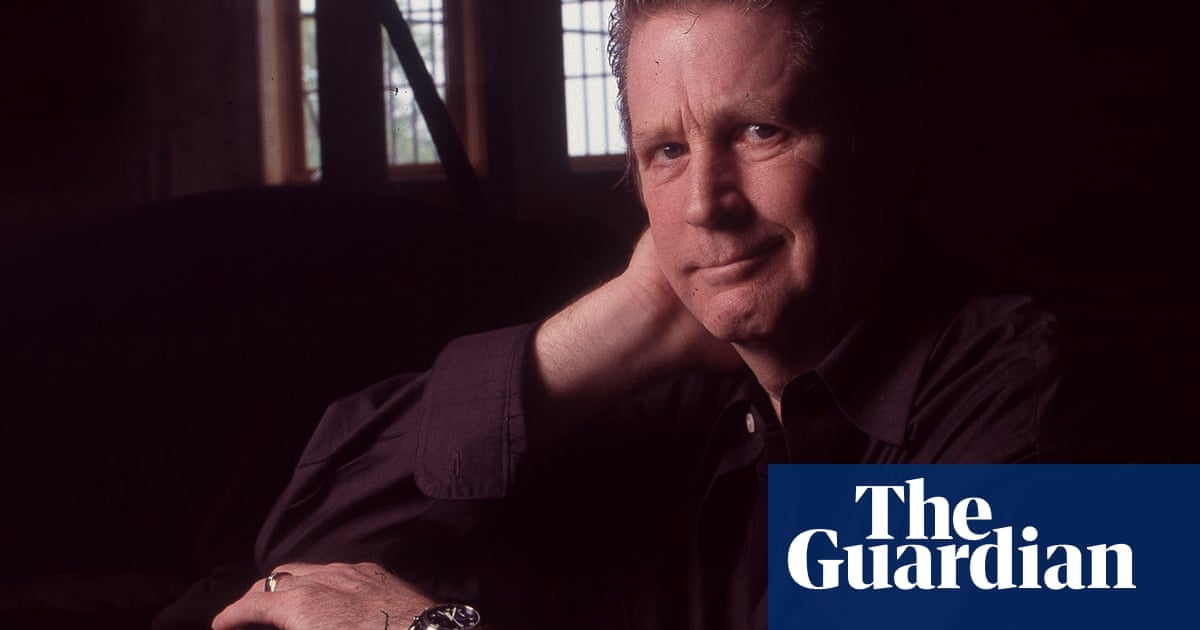The current TV landscape leans heavily towards shows that skewer the rich from the point of view of writers who wildly, if sneakily, admire them. To be less polite: if shows such as the most recent White Lotus, the Apple TV+ show Your Friends & Neighbours and movies such as Mountainhead are all enraptured with themselves and the people they dramatise – targets who have been known to become the shows’ biggest fans – then for those viewers who have had enough, there is an alternative. It’s in Norwegian, and while watching it will force you uncomfortably close to using the phrase “hymn to middle age”, it does at least avoid the 360 degrees of glorified douchebags presently dominating TV.
The Norwegian dramedy Pernille unfolds over five seasons, recently made available on Netflix, and is part of a small but marked trend around women in middle age that offers a buffer against universal bro culture. In my experience, people don’t generally like to be told they are having a moment, since it draws attention to the fact that they weren’t previously having a moment and likely won’t get another moment any time soon – but the fact remains that middle-aged women are having a moment.
Mostly this takes the form of endless books and podcasts about menopause, a heartening suspension of an age-old taboo, even if it does occasionally involve a female content creator inviting us to accompany her on her “menopause journey” (no thank you!) or forcing us to pay attention to Drew Barrymore. In the case of Pernille – written by and starring the 50-year-old Norwegian actor Henriette Steenstrup – it involves a storyline built around a single mother and child protection officer in Oslo managing her two stroppy teenage daughters, her dad who is 75 and who has just came out as gay, and her affair with her colleague, a lovely county lawyer called Bjørnar. In outline, it sounds wholesome and conventional, but the writing is acute and, for my money, Pernille has more interesting things to say about sexuality than, for example, Miranda July and all her feverish strivings towards the avant garde.
And, of course, it has a lot more to say about the experience of being alive than a bunch of fictional billionaires exchanging bons mots. The takeaway from Pernille is that there is nothing more fraught and complicated than regular life, and nothing structurally more sound – or better engineered for load bearing – than the middle-aged woman holding it together.
In the show, Pernille’s ex-husband is a preoccupied novelist whose career always comes first, and when we meet her in the pilot she is mourning the death of her sister while trying to provide for her family and the abused children of greater Oslo. It feels rude but necessary to point this out: Steenstrup is a telegenic but regular-sized woman who probably wouldn’t have been cast as the lead in a US show. When her kids tell her to fuck off, or her ex-husband writes a book romanticising the affair he had when she was pregnant, the verisimilitude makes the drama intensely believable.
But the show is also funny and lightly delivered, avoiding the trap of a lot of content about middle-aged women, which is the suggestion that perimenopause is just one long, terrible nightmare. I refer you to the actor Naomi Watts, whose book, Dare I Say It: Everything I Wish I’d Known About Menopause, is a helpful resource but also, possibly because publishing contracts come with big word counts, teases out every last drama of being a middle-aged woman as though it is a tour of duty in Afghanistan. (Watts has released a line of wellness products aimed at alleviating the worst menopausal symptoms and, of course, good luck to her.)
These descriptions are a useful corrective to silence, but they tend to overlook the flipside of all the discomfort and change, which is the tremendous release of energy experienced by many middle-aged women, some of it angry, much of it related to the dawning realisation that in any given environment they are the most competent people in the room. Last year, I attended the fifth grade graduation ceremony of my children’s elementary school and came away, after hours of chair stacking and table folding, reminded of the fact that a good chunk of the US public school system runs on the volunteer labour of middle-aged women, most of whom also have jobs.
The figure of Pernille, meanwhile, without being weird about it, properly represents and celebrates this fact: a fortysomething Norwegian woman sitting in her car in her garage to hide from her children, counselling her dad through the ridiculous rollercoaster of his late coming-out, managing her serious job and making poor decisions around her own dating life is inspiring and touching – and exactly the hero we need.
-
Emma Brockes is a Guardian columnist
-
Do you have an opinion on the issues raised in this article? If you would like to submit a response of up to 300 words by email to be considered for publication in our letters section, please click here.

 1 day ago
8
1 day ago
8

















































